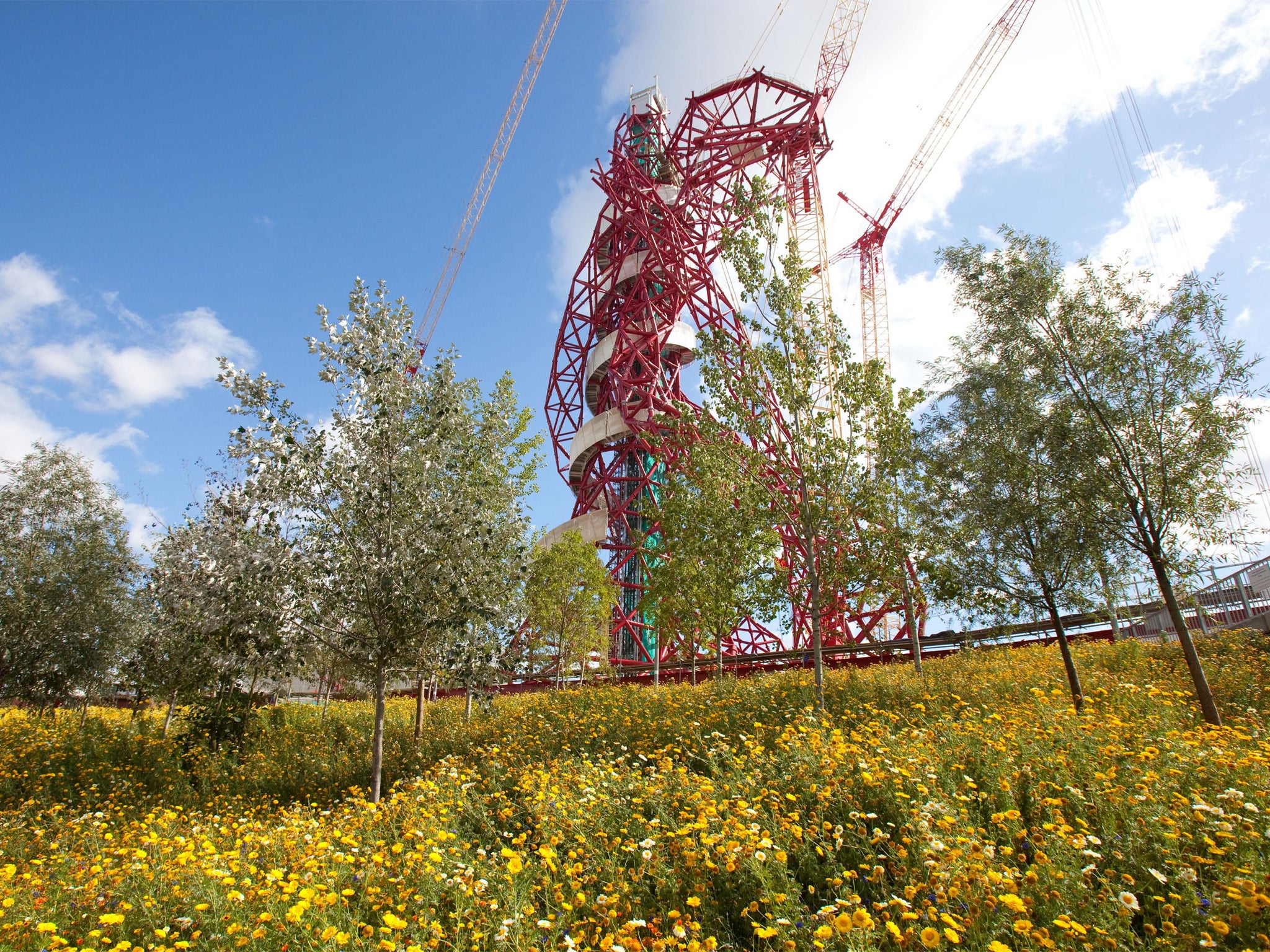Olympics legacy: Green enough to deserve environmental gold, but why so quiet?
A neglected aspect of the Games’ success

The first thing to be clear on is that it’s difficult to think of a more environmentally-unfriendly event than the Olympics. The travelling, the lighting, the construction – the carbon footprint of the greatest show on earth doesn’t bear thinking about, although to be fair the event did at least hit all but one of its sustainability targets.
But the good news is that when the legacy of the event is factored in, the 2012 Olympics looks like being a reasonable-sized net force for good.
It is widely regarded by the experts to have set a new environmental standard for big events, with the new blueprint heavily influencing preparations for next year’s America’s Cup sailing competition and the bidding process for the 2020 Olympics.
Furthermore, the building projects unleashed by the Olympics have changed the way big construction companies think about the environment and given them new green skills they can use in future projects. No doubt helped by this evolving builder mindset, private companies appear to be embracing increasingly green projects in the aftermath of the Games. PricewaterhouseCoopers’ swanky new building next to Boris Johnson’s office is a good example – this exemplary green structure may have been completed before the Olympics even started but don’t forget that the Games were nearly a decade in the planning. Overseas projects have also been greenified as a result of the London Olympics, such as Barangaroo, a big commercial and residential development on the Sydney waterfront being built by Bovis Lend Lease, which worked on the Olympic Village.
Finally, the Olympics has transformed the area around Stratford, some of which was grim.
But there are also two major disappointments. The first one comes with the Government. A report by the independent commission set up to assess the Games sustainability legacy found the G overnment to have been woefully lacking when it comes to incorporating the events innovations on sustainability. As Shaun McCarthy, who chaired the commission, told me: “In many cases there is still a level of scepticism in the Government which sees sustainability as being high-cost. It is shy of setting ambitious sustainability targets [when procuring services] because it feels it could cost more. I think that’s wrong”.
The Games also missed a big opportunity to promote sustainability to its huge and captive audience. So many inspiring environmental stories to tell that just weren’t told. One theory for the reticence suggests that because some of the Olympics “sustainability partners” lacked credibility in the eyes of many – with oil giant BP and energy company EDF raising the biggest eyebrows – it became that much harder to bang the green drum.
Nonetheless, the Olympic Games has lived up to its intention to be the greenest games ever.
Join our commenting forum
Join thought-provoking conversations, follow other Independent readers and see their replies
Comments
Bookmark popover
Removed from bookmarks